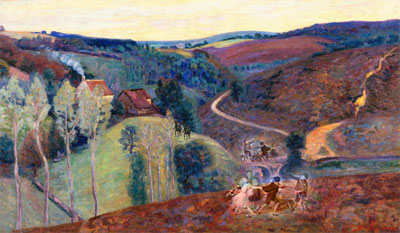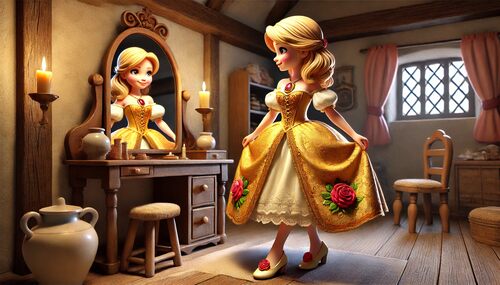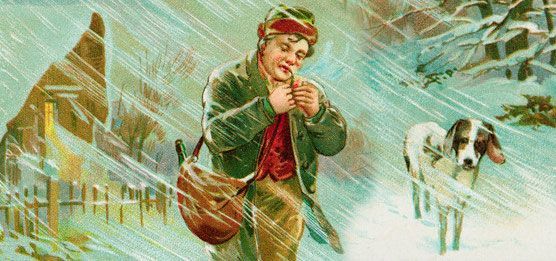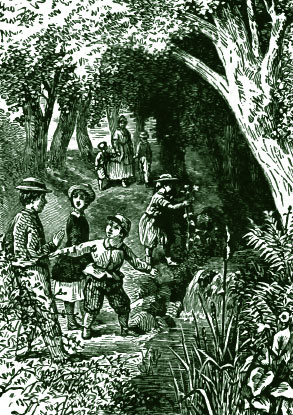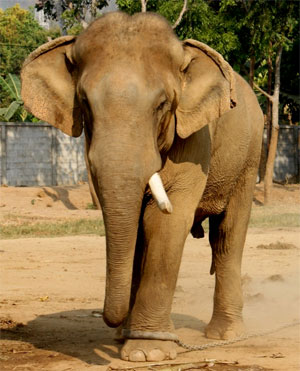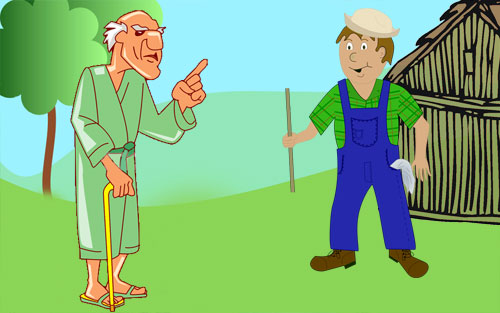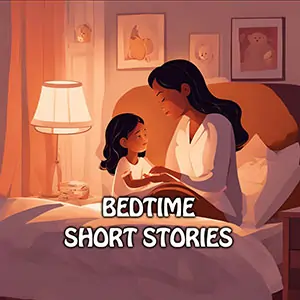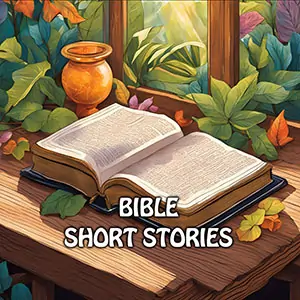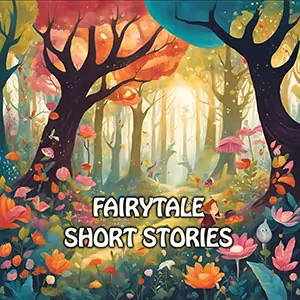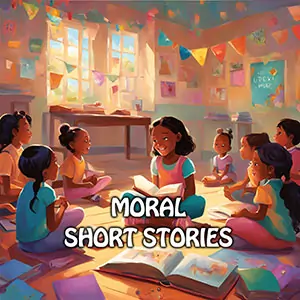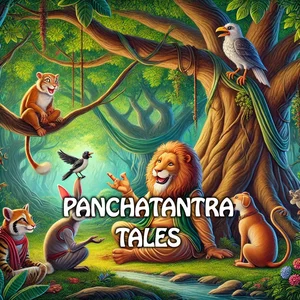Short Stories » Hootay of the Little Rosebud
Hootay of the Little Rosebud - Page 2 of 5
"This," said he, "is the country of the wild tribes who walk with four feet. It is the home of those people of unknown language. It has never been said that one could starve upon the Little Rosebud. In the summer it is the land of battles, both among the wild tribes and among men. In the winter- time there is peace."
At this moment a solitary singer, standing on the brink of a high cliff behind and above the teepees, broke into a weird and doleful chant.
' Listen to the warriors, the song of the warriors of Wazeyah, the god of cold and storm!" Thus he sang in a high, minor key, with sudden drops to lower notes and inflections.
When he ceased silence reigned, except for the occasional snapping of a burning ember.
Presently the watcher descended and made his report. ' There is a great wind and snow coming. Our ponies are some distance away. We shall not be able to find them all for the darkness and the storm-wind approaching."
'Ho, ho," spoke High Head, confidently. ' It is not bad. We shall eat meat to-mor- row. The snow will be deep, and my son-in-law will have the easier hunting. It may be that I myself will lasso a great bear," chuckled the old man.
It snowed and the wind blew on that night and for four nights following. The little store of dried meat that they had brought with them was entirely exhausted. On the fifth day they all sat looking silently into the fire. Their faces were worn and haggard. The children cried for food, but there was no food. Wazeyah, the god of winter, still waged war, and the snow was piled high around their teepees.
Night came, the darkness fell heavily, and terrified them with the thought of death around their feeble fires. Famine was sitting among them with a stern face. At last all but two rolled themselves in their warm buffalo-robes and lay down. Even should the storm cease, they feared that none now was strong enough to hunt.
Zechah sat beside his young wife, gazing into the fire. " It will be sad news for my father that I died of starvation upon the Little Rosebud," he mused. "It will be told for generations to come, whenever they camp at this place."
When at last he lay noiselessly down, he could not sleep. Looking up through the smoke-hole, he sang a hunting song to himself in an undertone:
"The wind brings the secret news good news of the hunting ! It is a, scent --it may be a trail it may be a sound of the game!
Whatever it be, it is a clew to the hunter, A sign from above to appease hunger, to save life!"
Singing thus, Zechah had forgotten that he was hungry, when all at once he saw a bright star through the smoke-hole. He had not noticed that the wind had ceased to blow.
The hunter arose softly, put on fur-lined moccasins, and girded himself with a strong strap over his lightest robe. He took his knife, a bow, and quiver full of arrows, and set out through the gray, frosty air.
It was now almost daylight. The rocks and pines were robed in white, like spirits. The snow was deep and heavy under Zechah's feet, but he was determined to succeed. He followed the ridges where the snow was well blown off. He had forgotten his own hunger and weakness, and thought only of the famishing people for him to serve.
Above the eastern hills the day was coming fast. The hunter hurried toward the gulches where he knew the game was wont to be. Just as he reached the higher ridges the sun appeared over the hills, and Zechah came upon the track of another early hunter. It was Shunkmanitoo, the gray wolf. He followed the trail until he came out upon a hill overlooking a deep gulch. He could only see the tips of the pines along its course. At a little distance, Shunkmanitoo sat upon his haunches, apparently awaiting Zechah.
« Back Next »Hootay Of The Little Rosebud - Takeaway for Class 1,2,3
Always be kind and helpful to others, just like Hootay, who brought joy to his friends with his actions.
Hootay Of The Little Rosebud - Takeaway for Class 4,5,6
Even small and gentle actions, like Hootay's care for the little rosebud, can help something grow and thrive.
Hootay Of The Little Rosebud - Takeaway for Class 7,8,9
Even if you're small and surrounded by bigger challenges, like the little rosebud, you can still find your own way to blossom and make a difference.
3 Fun Facts
- The Little Rosebud was a tiny fairy who lived in a beautiful rose.
- Hootay was an old owl who was a good friend of Rosebud, and he often shared stories about the forest.
- One day, Hootay and Rosebud decided to go on an adventure to see a rainbow up close, with the aim of touching it.
Quiz for Class 1,2,3
- Who helped the little rosebud blossom in the story "Hootay of the Little Rosebud"?
- What magical power did Hootay, the kind elf, use to help the flowers in the garden?
- What time of the year do all the beautiful flowers bloom together in the garden of the story?
Quiz for Class 4,5,6
- Why did Hootay decide to visit the Little Rosebud?
- How did the Little Rosebud react when she first saw Hootay?
- What did Hootay promise to do for the Little Rosebud?
Quiz for Class 7,8,9
- What method did the king use to find the most beautiful flower in the kingdom for the queen's birthday?
- How did the garden's magical rosebud respond to the challenges it faced while trying to bloom for the queen?
- What role did the magician play in the story of Hootay and the little rosebud?
Was this article useful? What should we do to improve your experience? Share your valued feedback and suggestions! Help us to serve you better. Donate Now!
